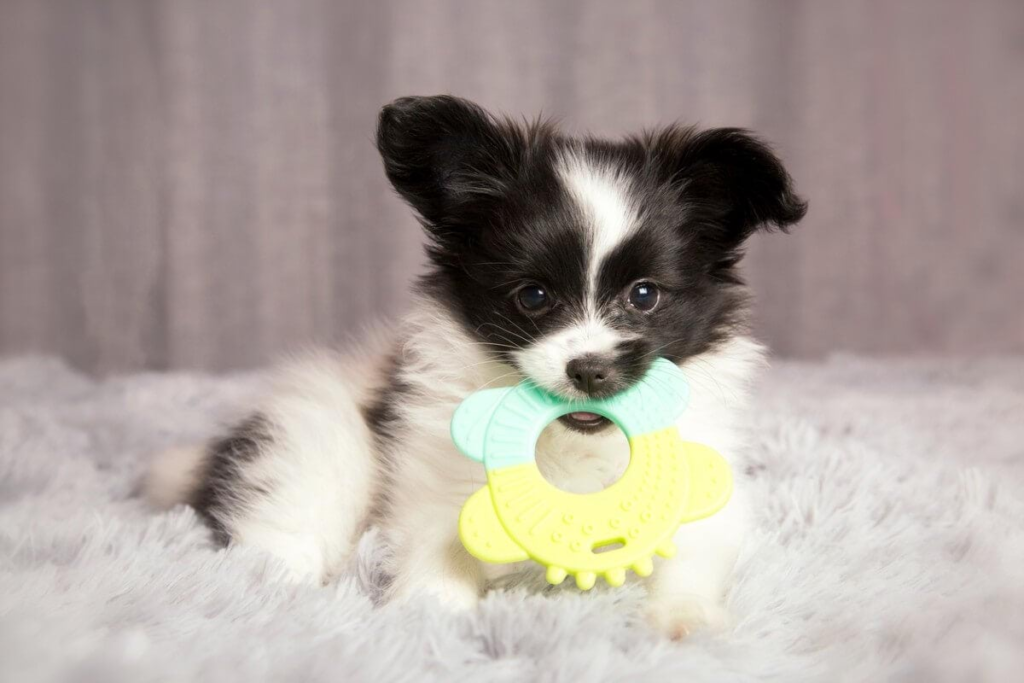Training your pet is an integral part of their development. It helps your fur baby learn how to behave appropriately and helps reduce the likelihood of developing behaviour problems in the future. But how often should you train your puppy?
Many experts recommend training your puppy for at least 10 minutes per day, every day. You can train the pup in multiple short sessions or all in one more extended session.
EveryEvery week, you should add 10 minutes to your training sessions. This will help ensure that puppies are being adequately trained and socialized. Training should be fun and positive, with plenty of rewards for good behavior.
Table of Contents
What Is the Right Age to Start Puppy Training?
Puppy training sessions can start as early as eight weeks old, but it’s essential to wait until your dog has had their first round of vaccinations. It’s also a good idea to attend a puppy class with your pup, where they will learn basic obedience commands and socialize with other puppies.
If you’re not comfortable training your puppy yourself, you can always hire a professional trainer to help.
What Commands Should You Teach Your Puppy?
You can teach your puppy many basic commands, including sit, stay, come, and leave it. It’s essential to be consistent with your commands and rewards and keep training sessions short and fun.
Here are a few training-related things to consider when setting up a training routine with your pup.
Learning Through Play
During the first few months, puppies learn best through play. They will also use this time to explore the world around them and develop their senses. However, they begin to understand some words and commands during this time, even if all the playing muffles them!
To help your puppy learn, incorporate some simple training commands into their playtime. For example, ask them to sit before giving them a treat or have them come to you when called. This will help make training a fun and positive experience for both of you.
Start Early
The sooner you start puppy training, the better. Pups are like sponges and will learn quickly if you make training a daily habit. Waiting until your puppy is older may result in more challenging training sessions as they have already developed bad habits.
Consistency
As with all training, consistency is the key to success. Your puppy needs to know what to expect during training sessions and know their commands in any situation! Try not to mix up the words you use for your commands, as this will only confuse them.
It can be beneficial to have a set routine for training sessions. For example, you can always reward good behavior with a treat after the puppy has completed their command. This will help reinforce your commands and make training an even more positive experience for both of you.
Keep Sessions Short
Pups have shorter attention spans and can become easily overwhelmed or distracted during training sessions. Keep sessions short (10-15 minutes) to avoid overloading them and ensure they are always upbeat and fun. Dogs will learn best when they are relaxed and happy, so don’t push them too hard.
Wrapping Up
Puppy training is essential to their development and can help reduce the likelihood of developing behavior problems in the future. Experts recommend training your puppy for at least 10 minutes per day, every day.







